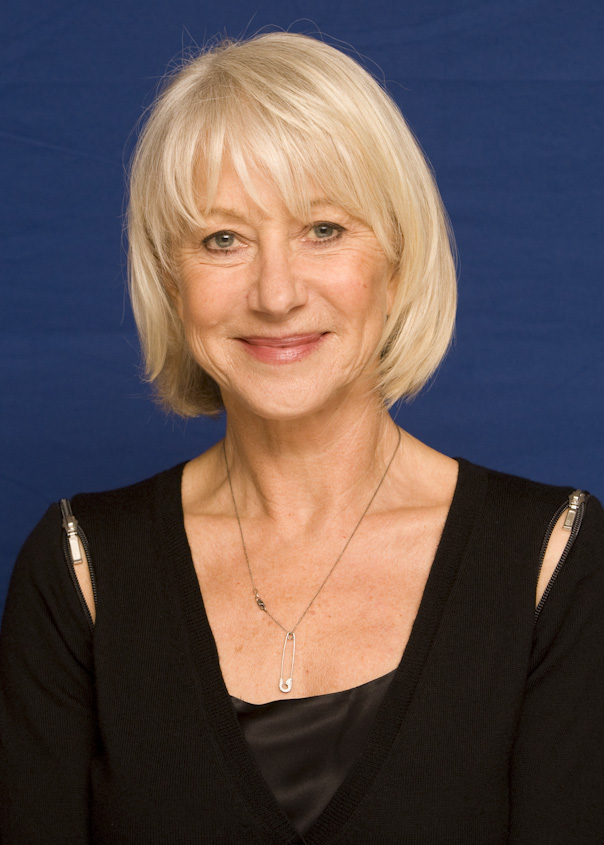
- HFPA
HELEN MIRREN: THE DIFFERENCE BETWEEN ENGLISH AND AMERICAN ACTORS
For forty years the HFPA has audio- taped famous and celebrated actors and actresses. The world’s largest collection of its kind — over 10,000 Star Speaks — is now in the Academy of Motion Pictures Arts & Sciences Library. The audios are fascinating. To veteran stars, our HFPA journalists are family; they banter with them incessantly, and they speak openly and frankly about themselves and their artistry.
HELEN MIRREN
” I think of actors as those who have taken a certain imaginative leap. English and American actors do have a common cord, but there are big differences: American actors are much more outward, much less afraid of being emotional.
For example, at an audition, English actors won’t read. If they’re given a script they’ll hold it close up, mumble, read stage directions, pretend they can’t read. American actors thump on the table, throw themselves on the ground. English actors find that very embarrassing.
Another difference is that British actors work much more. We move easily between television, theatre, films; American actors tend to sit and wait for the big part. We like to work more often.
And we’re paid much less.
In the first part of my career, I was extremely driven to become a great classical actress. In my early twenties I was offered many film roles. I had opportunities to come to America, but I wanted to become the great classical actress, so I pursued that.
It involved things such as leaving the classical theatre for a while and working with Peter Brook–who I believe is the greatest creative genius in the theater today–because I thought it wouldfurther my abilities. I didn’t pursue money or fame; I pursued artistic ability.
But doing classical theatre is like riding on an incredibly powerful, potentially uncontrollable horse. At first you try to control it, but then it is running away with you. But bit by bit, you learn to manage it.
I was doing a performance as Cleopatra about four years ago and I suddenly realized I could ride this horse. Not only that, I could make it jump and stop and make it go backward, sideways, whatever. I could make it do anything!
I had learned my craft. It was an interesting moment and so I thought, what shall I do next?
And that happened just as I fell in love with someone who lived in America.”
—–Edited by Jack Tewkesbury
